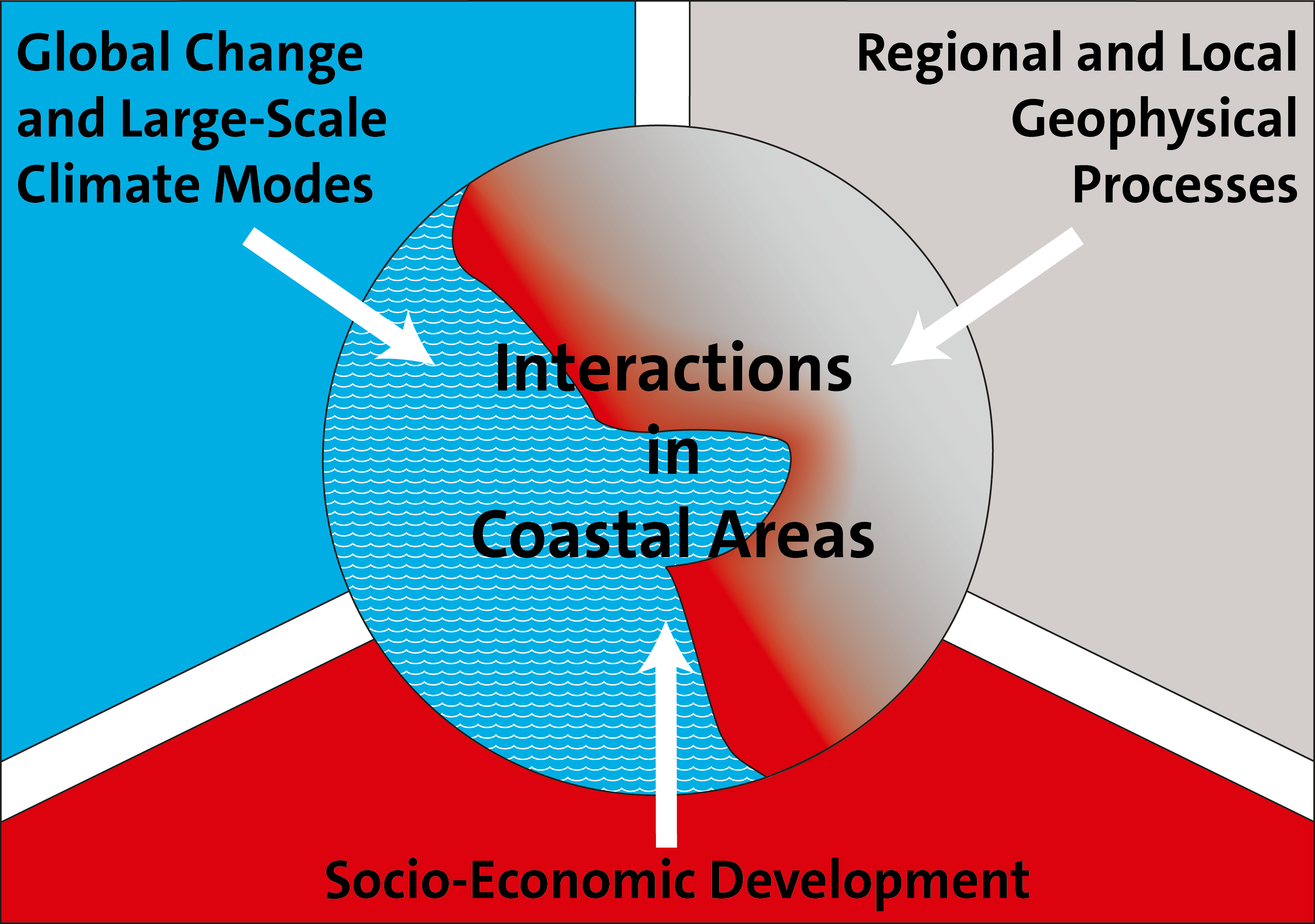Blue Hauntologies and Spectral Seas
With photographic exhibition “Explorations in the Plastisphere” (Dr. Chiara Certomà’s research team DIGGEO@ESOMAS)
Sponsored by the Climate Change Research Group (CCRG)
Royal Geographical Society Annual Conference, August 30 2023.
Panel convenors:
Rapti Siriwardane–de Zoysa (Dept. of Social Sciences, Leibniz Centre for Tropical Marine Research) & Iqbal Hafizhul Lisan (Climate and Society Program, Columbia University)
Stranging, Remembering, Resisting
Aug 30, Session 1 - Online: 14.10-15.50 (BST)
- Tidal Timespace: Imprints & Palimpsests
Prof. Owain Jones (Bath Spa University) & Prof. Heather Green (Arizona State University)
- The deified Kappiri – A symbol of slavery and resilience in Fort Kochi
Sridhar A., independent researcher
- Unearthing the Colonial Plantation of the Indian Ocean World through 19th–Century American Periodicals: A Study of Harper‘s Weekly Records on Nutmeg Plantations in Penang
Mohammad Ataullah Nuri (University of North Carolina)
- Experiencing cyclones in the era of climate change: Stories from Lakshadweep Islands
Lakshmi Pradeep (National University of Singapore)
- Disaster, maritime crises, memory–making and memorialisation from a multimodal lens in the Bengal Delta
Dr. Debojyoti Das (Edinburgh University)
Invoking, Tracing, Enduring
Aug 30, Session 1 - In-person only session: 16.20-18.00 (BST)
- Ghostly traces on an abandoned island
Prof. Uma Kothari (University of Manchester)
- Spectres of Tryweryn: Carrying–Waters and the Resistance of the ‘Unabsorbed’
Dr. Jamie Matthews (Goldsmiths, University of London)
- Suspended geographies and infrapoetic haunting: M. NourbeSe Philip’s Zong
Dr. Kate Lewis Hood (University of Cambridge)
- “What happens on the vessel stays on the vessel”: Perceptions, narratives and everyday life stories of seafarers and scientists on a German research vessel
Ramona Haegele (German Institute of Development and Sustainability / IDOS)
- Staying with the problem in the Open Sea: On the plastisphere as hybrid ecological formation of the Chthlucene *
Dr. Chiara Certomà (UniTo) & F.Fornaro (RawNews/LNI)
This presentation is associated with the photographic exhibition “Explorations in the Plastisphere” on display during the conference. The United Nation Ocean Decade has endorsed this work and it is also presently a part of a series of visual events encompassed in the EU project SeaPaCS (please refer to page 13–14 for more information on the exhibition).
“Explorations in the Plastishere” (photographic exhibition)
“Explorations in the Plastisphere” is the title of the new photo exhibition promoted in the series of public engagement activities by Dr. Chiara Certomà’s research team DIGGEO@ESOMAS at the Department ESOMAS – University of Turin (Italy) documents new hybrid ecologies of the plastisphere, a collective of plastic–colonising organisms, as well as various anthropic debris in marine environments (including relics, ghost nets, and polluted sites…). The initiative is supported by the EU project IMPETUS4CS – subproject SeaPaCS “Participatory Citizen Science against Marine Pollution”.

About the panel
Oceans, tidal flats, mangrove forests and other seascapes have long served as sources of inspiration and dread in contemplating, sensing, and narrating the extraordinary and the supernatural. In contrast to early post–Enlightenment sensibilities, the ocean has long been churning its own metaphysical histories and politics of life – replete with spirits, deities, aquatic beings, currents, and other lively matters/energies. This session holds contributions from the humanities and social sciences spanning all matters of the spectral, ghostly and beyond. We therefore look forward to exploring both older and nascent themes around not only spectrality and the ghostly, but also those that contemplate hauntology as metaphor and as method, however expansively ´haunting´ might be conceptualised.
This double panel brings together diverse sensibilities of time, place, space, and co–habitation spanning events such as arrivals (of ´invasive´ species, disease, contagion and other misplaced entities), phenomena and materialities (such as illicit vessels, toxic spills, plastics, tsunamis, tidal incursions), epistemic hauntings (implicating data, models and belief systems), alongside extraordinary and mundane geographies of such spaces as swamplands, ´ghost forests´, dumpsites, mass graves, flood zones, marine deadzones, post–nuclear islands, including contested waterfronts and the overbuilt urban. These varied contexts may embody not only the dynamics of discard and dis/appearance, but also moments of desire, nostalgia and (be)longing.
While affording as much agency to the more–than–human (from aquatic species to subjects such as floating plastic, roving cyclones, technologies and financial capital), we also encourage explorations into the more performative aspects of watery spaces. Such contexts may reveal disappearances and long forgotten histories that are embodied in submerged artifacts and other kinds of resurfaced materials that trouble the present, while reframing futures and interpretations of the past.
Taken together, our panellists will explore contexts of multiple hauntings within the lively interstices of land, water, the atmospheric and the oceanic. We also bring together work that combines sensory, embodied, performative, and affective approaches in reading and sensing such spatio–temporal contexts and their concomitant relations of power. The panel also calls for a concerted effort in rethinking the place of haunting (whether in relation to the spectral or beyond), and the extent to which its many materialities and metaphors are good to think/live with.



